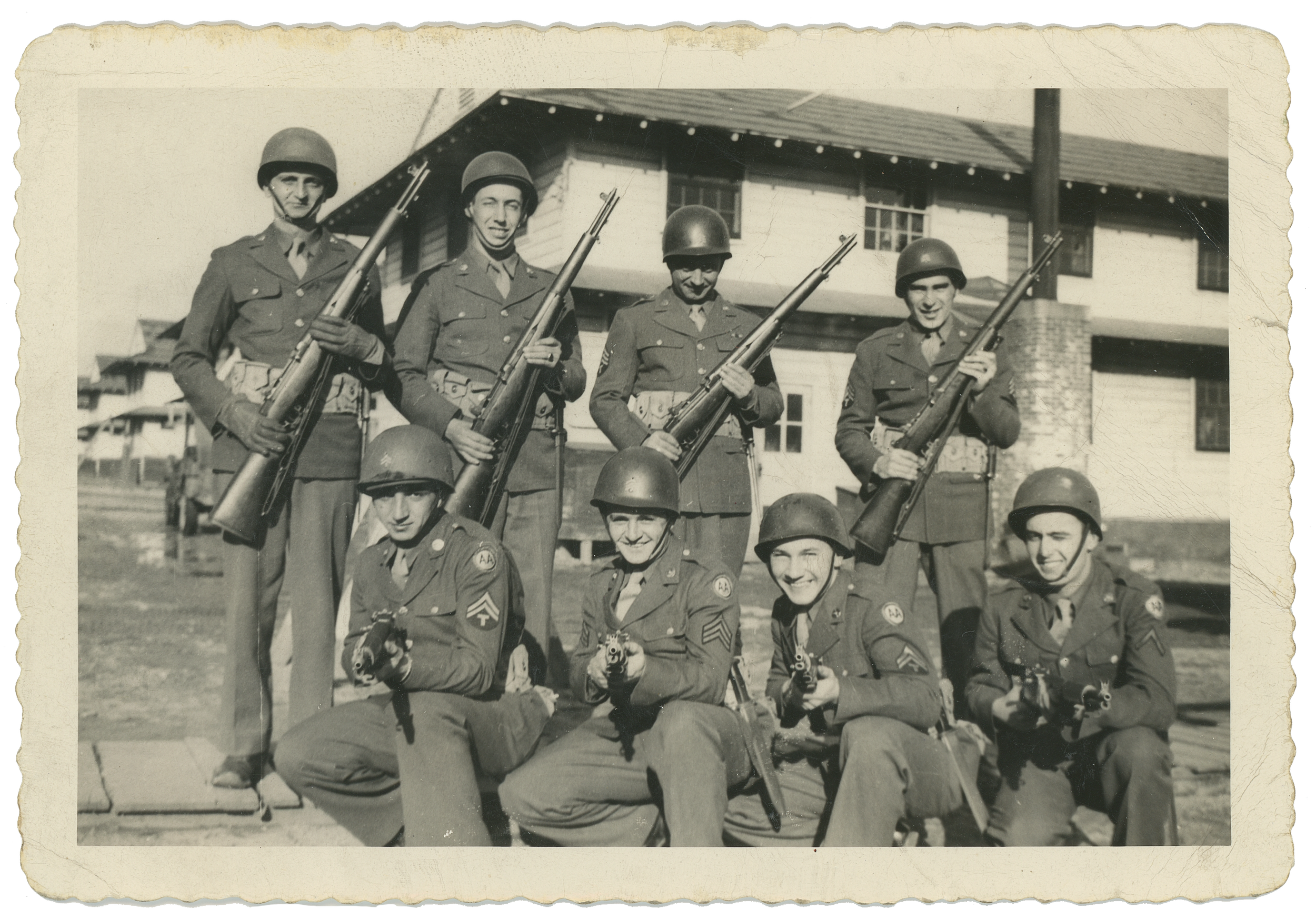I like the concept of postcards. Except for needing a stamp, they are the original form of Twitter, Instagram, or TikTok, offering the reader (usually someone you knew) a glimpse into your life.
“Hi, Grandpa! We’re visiting Disneyland! It’s really fun! Kevin threw up on the tea cups! Hope you are fine. — Love, Gary.”
For a 10-year-old with unattractive handwriting, that’s all I could say in the space allotted. The photo on the front would be of the Santa Fe and Disneyland Depot, Mickey Mouse, or some other exotic-land attraction not found in Ohio, where Grandpa lived. My mother scribbled the date at the top of the card before dropping it into a mailbox.
Sometimes, Grandpa would write back in the form of a letter, often months later. “Glad you had fun at Disneyland. Is your brother better? How ‘bout the Indians? The Dodgers look tough this year? Say ‘Hi’ to everyone. — Love, Grandpa.”
If you were fortunate, your parents kept these missives between family members, even if it was only to prove to themselves that their kids could string a sentence or two together. Postcards became part of the family history. I’m sorry to say this exchange was not one of them.
So, what happened to postcards? “It’s the price of stamps,” I heard someone say. “Good excuse,” I heard myself think. The cost of a postcard stamp is now 56 cents. In my old-man inner voice, I ask, “How much do you pay monthly for an internet service provider? Or the data on your phone?” And if you have both? It’s not 56 cents.
But I suppose it would add up if you bought a stamp every time you wanted to “chat” with a buddy:
“Wasup?”
“Nothin”
“LOL”
“WTF”
That’s $2.24 right there. And that’s not taking into account the cost of a postcard.
Then I think about what communication guru Marshall McLuhan said, “The medium is the message.”
Instant feedback requires instant feedback, hence the abbreviation and accompanying memes. And all that is worth $100s a month. Right?
But putting pencil or pen to paper requires some thought and is often inspired by an event, such as a memorable trip, a birthday, or a holiday. It was rarely inspired by breakfast.
Sometimes, it was inspired by my mother asking, “Did you write your Tante Wali to thank her for the PJs she sent you for Christmas?”
I’d grab a postcard from my desk drawer, possibly a deer in Yosemite, and write: “Liebe Tante Wali, vielen Dank für den Schlafanzug. Das Stacheldrahtmuster war in den Wohnheimen ein Hit.“ Translation: “Dear Tante Wali, Thank you for the PJs. The barbed wire pattern was a hit in the dorm.”
Over the years, I have found myself collecting random postcards and greeting cards, which sometimes irritates my family. But if you get one from me, it means something crossed my path or my mind that made me think about you.
In the meantime, I will occasionally use this forum to post postcards of my own creation. You can take it or leave it. They’ll be hybrids—postcards as memes? If you’d like to share one with your friends or family, let me know.
LOL
— Cheers!



